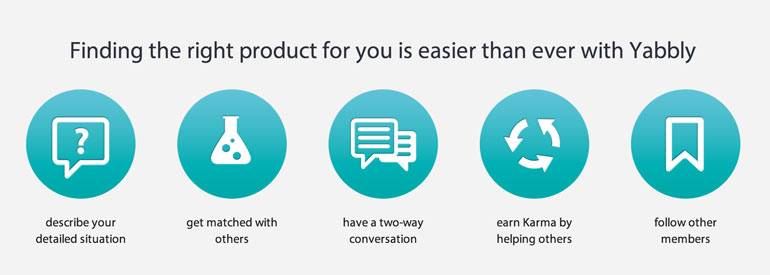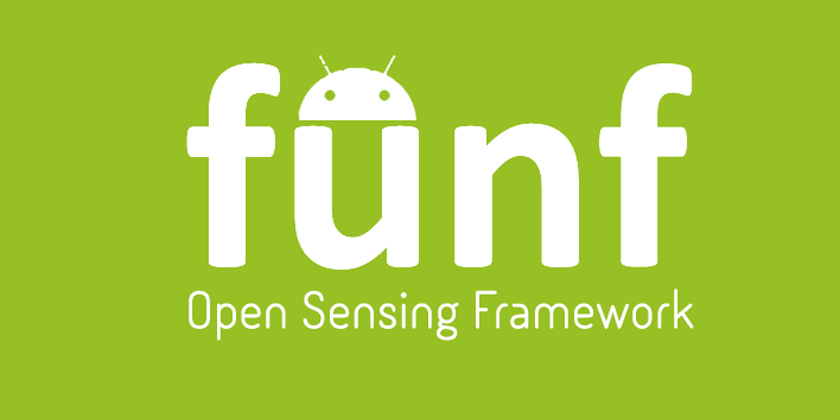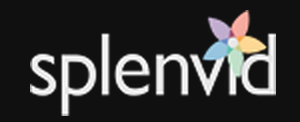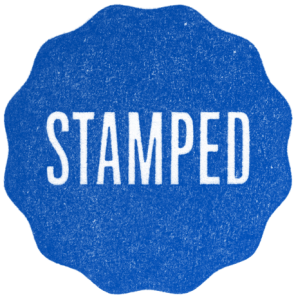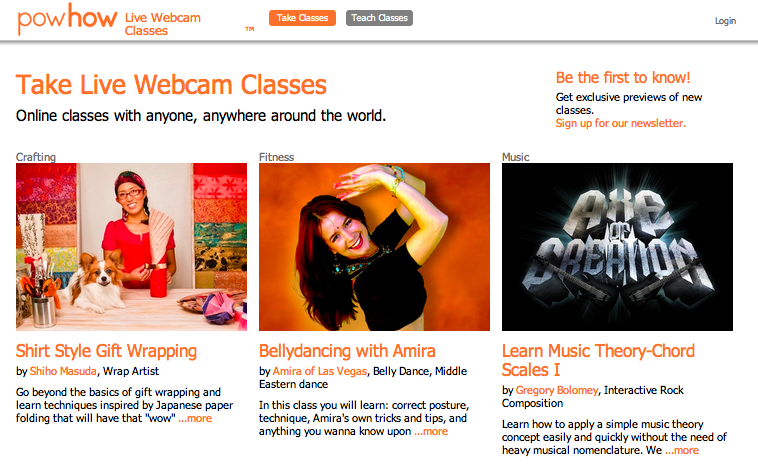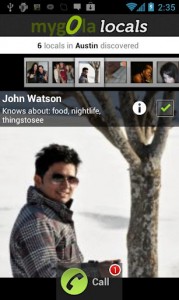We’ve all been there. We bought something from Amazon or in our local department store or Best Buy, just to find out later that we didn’t really like the item, or worse, it didn’t do what we needed it to do. If you’re like me, you even checked out three or four product reviews before buying. That makes the whole situation more annoying.
The problem with those product reviews is that they either aren’t addressing what we really need out of the item or they were planted by a PR firm or the manufacturer themselves.
Seattle startup Yabbly is looking to change that with their new community of people who are actually out there purchasing items. The site goes deeper than most but in a way that makes it more engaging.
The company was founded by a powerhouse team of founders who know good product. CEO and Co-Founder Tom Leung is a former product manger at Google. Ian Shafer, the engineering lead, actually comes from Amazon. So while Yabbly is going to be filled with user product reviews, the product itself is also going to be easy-to-use and easy-to-understand.
But Yabbly wasn’t created just because it sounded like a good startup. Megh Vakharia who works in the marketing department at Yabbly tells us that the founders created Yabbly because people often have many specific reasons they are looking for a product, and generalized reviews weren’t cutting it.
“For example, someone looking for vacuums specifically to clean up pet hair won’t find many reviews and vacuums that are recommended especially for their pet hair-cleaning abilities. With Yabbly, you can ask a question about how you need a vacuum for pet hair cleanup, and other Yabblers will give you recommendations based on their own experiences,” Vakharia told us in an interview.
You can read the rest of our interview with Yabbly below.
What is your startup called?
Our startup is called Yabbly.
What does your company do?
Yabbly is a platform for thoughtful conversation about product decisions. Members of our community can ask questions about product decisions they’re facing, including information about their specific situation, such as price range, use case, and whatever else is important to them. Our goal is to help people who are facing a product decision find their “product soulmate,” someone who has made a similar product decision in the past. Yabbly is here to help you kill buyer’s remorse by helping you find products you’ll love!
What’s unique about Yabbly is that we guarantee every great question will receive an answer within one day – no other Q&A site matches this.
People relying on Amazon Reviews to help them find the best products face a problem – those reviews could be written by anyone, and the majority of reviews don’t help you figure out if the product will fit your needs. For example, someone looking for vacuums specifically to clean up pet hair won’t find many reviews and vacuums that are recommended especially for their pet hair-cleaning abilities. With Yabbly, you can ask a question about how you need a vacuum for pet hair cleanup, and other Yabblers will give you recommendations based on their own experiences. (this was in fact one of our best threads, with 18 responses)
Who are the founders, and what are their backgrounds?
The Yabbly team was founded by Tom Leung, CEO, Ian Shafer, engineering lead, and Steven Neuman, UX designer. The team is especially equipped to solve the problem because they helped create it – Tom is a former Google product manager, Ian is a former Amazon engineer, and Steven worked on shopping apps for Target and REI.Where are you based?
Yabbly is based in Pioneer Square, a neighborhood in Seattle, WA.What’s the startup scene like where you are based?
Seattle’s startup scene is awesome, and it’s a growing hub of entrepreneurial activity – especially with people trying to start the next Microsoft or Amazon. VC activity is also ramping up in the area and groups like TechStars Seattle offer entrepreneurs many opportunities to execute their ideas.
Why now?
Americans spend a trillion dollars on products every year, and this will only grow in the future as ecommerce shopping booms. But product reviews haven’t caught up with this – Amazon reviews suck, and Facebook isn’t focused enough to facilitate great conversation about which products to buy. Beyond that, more people are going mobile when making shopping decisions – Yabbly is positioned perfectly to capture this growing market and provide a platform for great discussion about which products to buy.
What are some of the milestones your startup has already reached?
-Almost 2,000 questions asked and over 10,000 responses
-On average, each question recieves around 5 responses
-Top 3 in SxSW Startup Accelerator in Social category
– $1.5 million in seed funding
-Rated #2 for “product reviews” on iTunes app store, #15 for “reviews”
What are your next milestones?
-Focus on growing our community with engaged users
-Update iPhone app to be iOS7 compatible
-Improve desktop web app experience
Where can people find out more? Any social media links you want to share?
Join the community to get help finding the best products for you!


